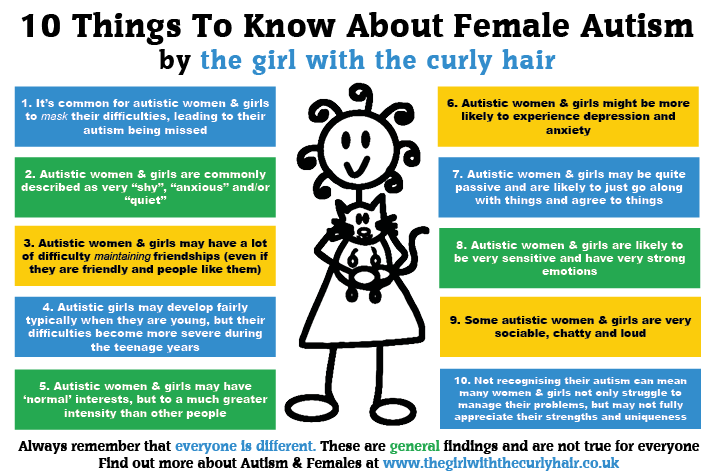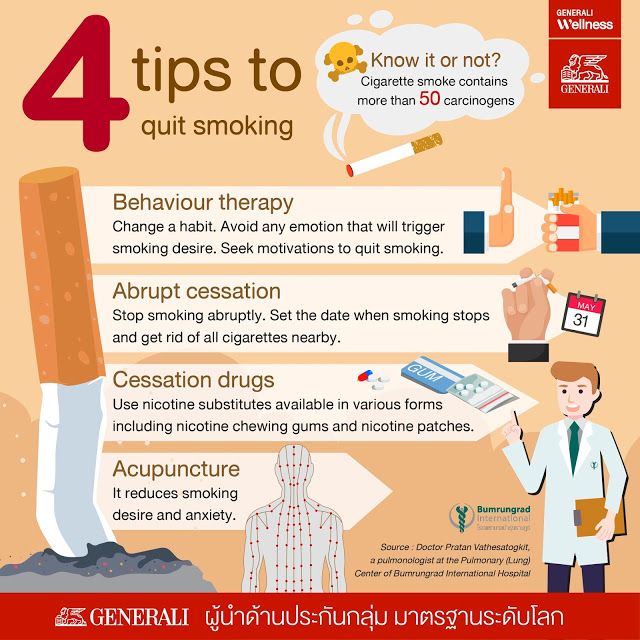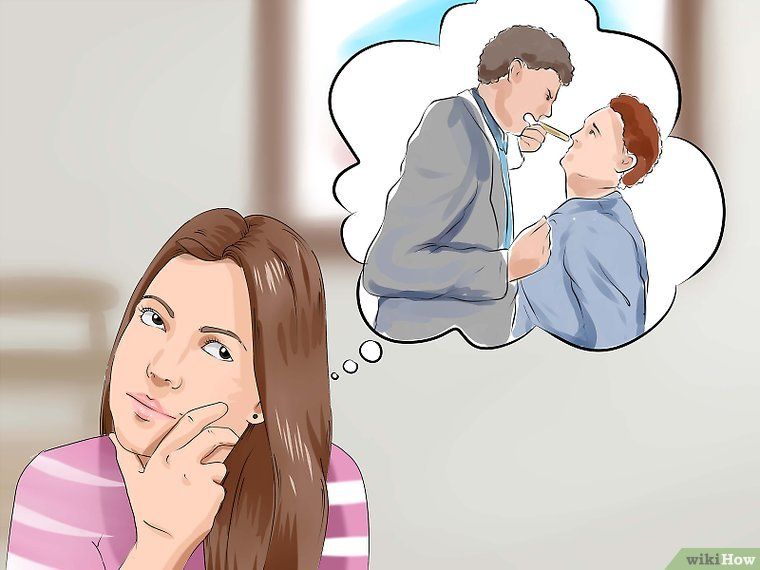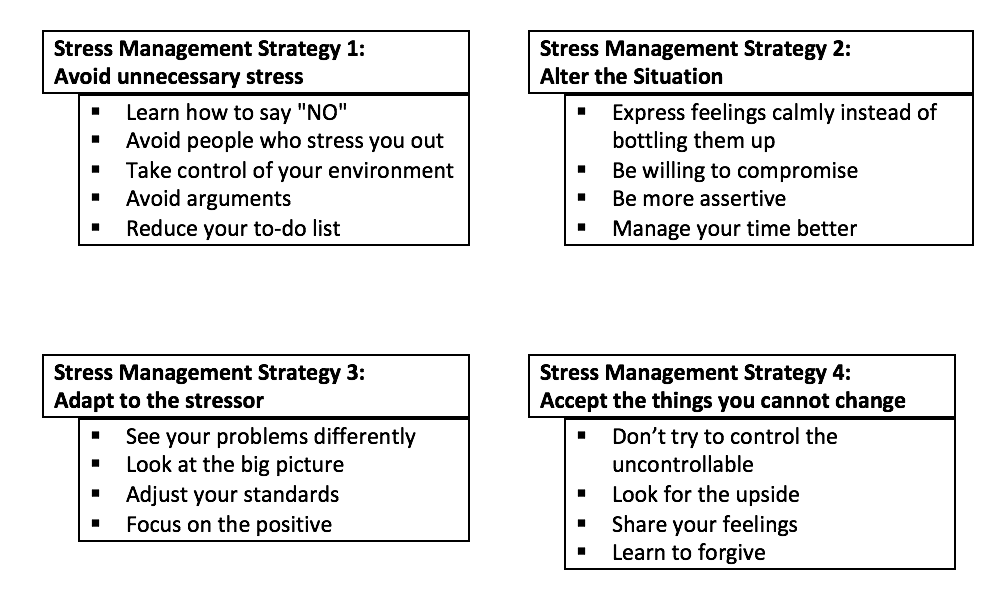Not liking yourself
When You Don't Like Yourself
Some people have the misfortune to have been born to abusive parents who belittled them and prevented them from developing healthy self-esteem. Others are born predisposed to view themselves in a negative light because of their physical appearance, a disability, or for no reason anyone, including themselves, knows. Research has consistently supported the notion that it's difficult to be happy without liking oneself. But how can one learn to like oneself when one doesn't?
What Part of Ourselves Do We Dislike?
People filled with self-loathing typically imagine they dislike every part of themselves, but this is rarely, if ever, true. More commonly, if asked what specific parts of themselves they dislike, they're able to provide specific answers: their physical appearance, their inability to excel academically or at a job, or maybe their inability to accomplish their dreams. Yet when presented, for example, a scenario in which they come upon a child trapped under a car at the scene of an accident, that they recoil in horror and would want urgently to do something to help rarely causes them to credit themselves for the humanity such a reaction indicates.
Why do self-loathers so readily overlook the good parts of themselves? The answer in most cases turns out to relate not to the fact that they have negative qualities but to the disproportionate weight they lend them. People who dislike themselves may acknowledge they have positive attributes but any emotional impact they have simply gets blotted out.
The Source of Self-Loathing
Which makes learning to like oneself no easy task. Many people, in fact, spend a lifetime in therapy in pursuit of self-love, struggling as if learning a new language as an adult rather than as a child.
Before such a change will occur, however, the essential cause of one's self-loathing needs to be apprehended. By this, I don't mean the historical cause. The circumstances that initially lead people to dislike themselves do so by triggering a thought process of self-loathing that continues long after the circumstances that set it in motion have resolved, a thought process that continues to gain momentum the longer it remains unchallenged, much like a boulder picks up speed rolling down a mountain as long as nothing gets in its way.
For example, your parents may have failed to praise you or support your accomplishments in school when you were young—perhaps even largely ignored you—which led you to conclude they didn't care about you, which then led you to conclude you're not worth caring about. It's this last idea, not the memory of your parents ignoring you, that gathers the power within your life to make you loathe yourself if not checked by adult reasoning early on. Once a narrative of worthlessness embeds itself in one's mind, it becomes extraordinarily difficult to disbelieve it, especially when one can find evidence that it represents a true account.
But a narrative is just that: a story we tell ourselves. It may very well contain elements of truth—that we are unattractive, that we do fail a lot of the time, or that our parents didn't find us all that lovable—but to proceed from facts such as these to the conclusion that we're deserving only of our own derision constitutes a significant thought error.
The True Source of Self-Esteem
The problem is that we common mortals can hardly avoid deriving our self-esteem from the wrong source—even those of us whose self-esteem is healthy. We look to what in Nichiren Buddhism is termed the "smaller self," the parts of ourselves that seem better than those of others and to which we become overly attached. In other words, we ground our self-esteem in things about ourselves we perceive as unique: typically our looks, our skills, or our accomplishments.
But we only need to experience the loss of any one of these supportive elements to recognize the danger of relying on them to create our self-esteem. Looks, as we all know, fade. Unwanted weight is often gained. Illness sometimes strikes, preventing us from running as fast, concentrating as hard, or thinking as clearly as we once did. Past accomplishments lose their ability to sustain us the farther into the past we have to look for them.
I'm not arguing that basing our self-esteem on our positive qualities is wrong. But we should aim to base it on positive qualities that require no comparison to the qualities of others for us to value them. We must awaken to the essential goodness—to what in Nichiren Buddhism is termed our "larger self"—that lies within us all. If we want to fall in love with our lives—and by this, I don't mean the "we" of our small-minded egos—we must work diligently to manifest our larger selves in our daily lives. We must generate the wisdom and compassion to care for others until we've turned ourselves, piece by piece, into the people we most want to be.
But we should aim to base it on positive qualities that require no comparison to the qualities of others for us to value them. We must awaken to the essential goodness—to what in Nichiren Buddhism is termed our "larger self"—that lies within us all. If we want to fall in love with our lives—and by this, I don't mean the "we" of our small-minded egos—we must work diligently to manifest our larger selves in our daily lives. We must generate the wisdom and compassion to care for others until we've turned ourselves, piece by piece, into the people we most want to be.
In other words, if we want to like ourselves we have to earn our own respect. Luckily, doing this doesn't require that we become people of extraordinary physical attractiveness or accomplishment. It only requires we become people of extraordinary character—something anyone can do.
A simple thought experiment supports this notion: Think right now of your favorite person and ask yourself, what is it about them that attracts you the most? Odds are it isn't their physical appearance or their accomplishments but rather their magnanimous spirit; the way they treat others.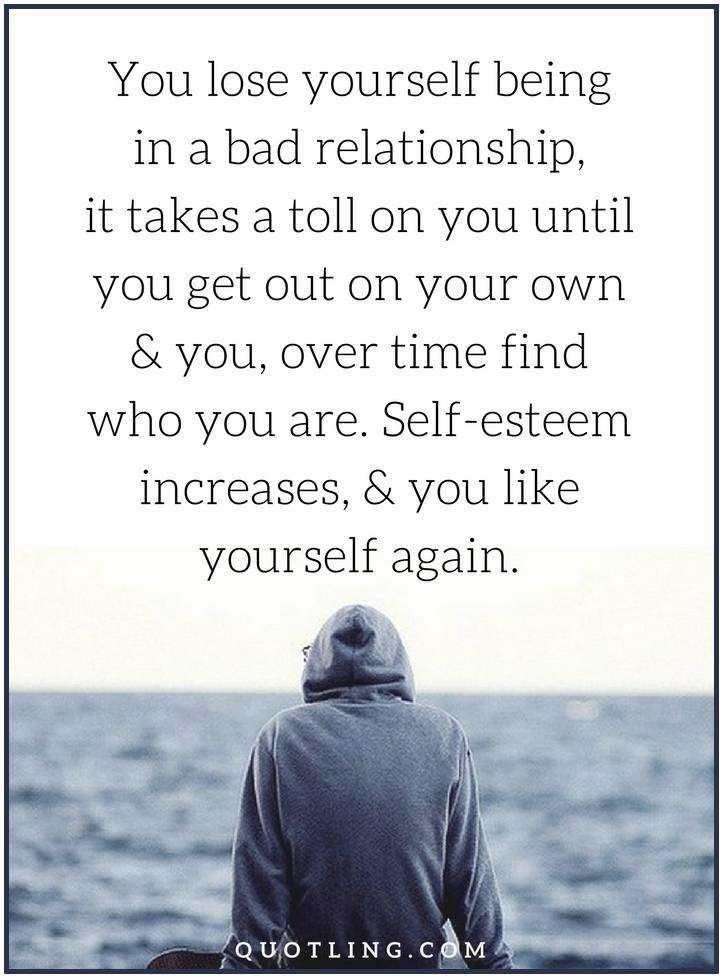 This is the key quality that makes people likable, even to themselves.
This is the key quality that makes people likable, even to themselves.
Treating others well, it turns out, is the fastest path to healthy self-esteem. If you dislike yourself, stop focusing on your negative qualities. We all have negative qualities. There's nothing special about your negativity, I promise you. Focus instead on caring for others. Because the more you care about others, I guarantee the more, in turn, you'll be able to care about yourself.
9 Steps to Hating Yourself a Little Less
Let’s get real: If we’re really honest with ourselves, we all have a little self-loathing going on from time to time. OK, maybe a lot of self-loathing going on, depending on the degree of trauma you’ve sustained, and how many episodes of Teletubbies you were subjected to as a child.
But here’s the good news, self-hatred is just part of the human condition. There’s nothing inherently “wrong” with you because you intensely dislike or feel ashamed of certain unsavory aspects of yourself. Everyone does. Even Oprah has to hate herself some of the time, I’m pretty sure. And I’m no exception, of course. After all, I’m writing a listicle for a website—I must hate some deep, dark corner of myself.
Everyone does. Even Oprah has to hate herself some of the time, I’m pretty sure. And I’m no exception, of course. After all, I’m writing a listicle for a website—I must hate some deep, dark corner of myself.
Table of Contents
- Why We Hate Ourselves
- Dealing With the Hate
- Hating Yourself Less
- The Nine Steps
Emotions exist as your brain’s way of telling you something good or bad is happening in your life so you can act on it. They are feedback designed to make us better. After all, life isn’t one long Teletubbies episode for you to silently suffer through.
Hatred, particularly aimed at yourself, is simply one of many negative emotions. It’s a feedback mechanism that tells you things are not dandy in your world. We all have dreams we’ve failed to live up to, ideals we’ve failed to embody, actions we wish we had or hadn’t done, ways in which we wish we could be different. Hating ourselves when these things happen is normal.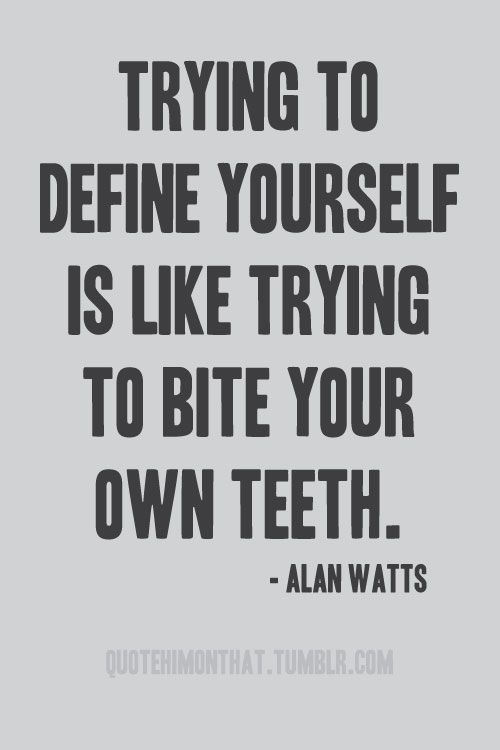 Self-hate, as with all emotions, only becomes a problem when you don’t know how to deal with it.
Self-hate, as with all emotions, only becomes a problem when you don’t know how to deal with it.
Some of us deal with our self-hate through avoidance—we sleepwalk through life, never making any serious decisions, following others, and avoiding all difficult tasks or confrontations. Some of us deal with it by numbing ourselves with sex or substances or obsession or distraction. Others try to overcompensate by trying to save the world and bring about a utopia and maybe start another World War in the process.
- You believe you’re a rotten piece of shit.
- You think other people are constantly judging you, and live in fear of being “found out” for the failure of a human being that you are.
- You have no boundaries in your relationships, always at others’ beck and call.
- Your life is a hot mess, but you don’t have time to sort that shit out because work, your friends, global warming, etc. is more important.
- You always find yourself on binges—ice cream, Netflix, the Xbox, booze, sex.
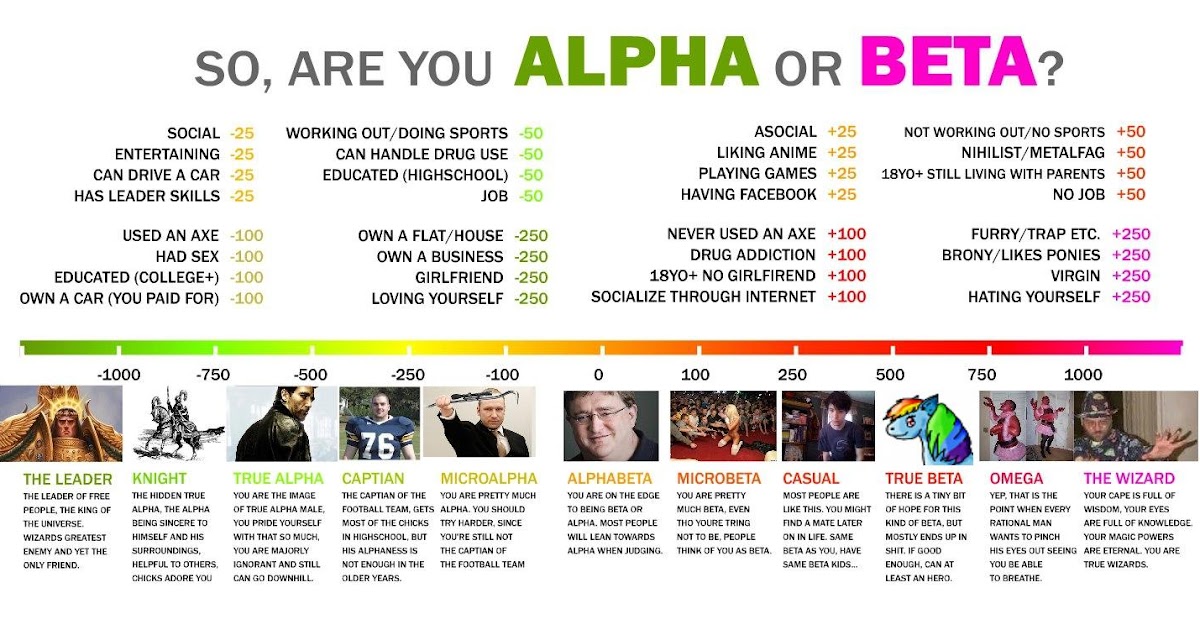
- You struggle to empathize with others and what they go through.
If you’re being honest, you’ll likely recognize some—hell, maybe even all—of the above signs in yourself. And that’s totally fine. In fact, it would be worrying if you didn’t.
The goal here isn’t to get rid of that self-loathing. The only way to do that would be to remove our consciences and/or become psychopaths. And we don’t want that.
I also don’t recommend suppressing your self-loathing by covering it up with fake self-esteem, or else you might end up shooting up a nightclub in Orlando.
No, the solution is to merely minimize our self-hatred by first becoming aware of it, and then learning how to mold it and shape it and control it. The goal here is to manage our disappointments with ourselves, so that they don’t end up managing us.
That’s why this article is called “How to Hate Yourself Less,” not “How to Stop Hating Yourself Forever and Ever and Be God’s Perfect Fucking Snowflake. ” There is no perfect fucking snowflake. I lived in Boston, I’ve seen a lot of snowflakes. None of them are perfect. And even if there was, I’m pretty sure you wouldn’t be it.
” There is no perfect fucking snowflake. I lived in Boston, I’ve seen a lot of snowflakes. None of them are perfect. And even if there was, I’m pretty sure you wouldn’t be it.
So, let’s get on with it. Here are nine steps to hate yourself less and learn how to manage your self-loathing better so that you don’t turn into a manic-depressive or, even worse, a religious nutcase who runs around with signs that say “GOD HATES FAGS” on it.
The more you hate yourself, the more you will try to please and impress the other people around you all the time. After all, if you secretly believe that you’re a rotten piece of shit, then it follows that you will overvalue what other people think of you, and you will unconsciously dedicate all of your efforts to manipulating them into thinking you’re not the awful person you secretly believe you are.
The word “yes” gets a lot of hype these days, but I want to bring back the power of saying “no.”
Saying no is pretty awesome when you know when and how to say it right. You say no to doing a bunch of meaningless shit that you don’t think is important in life. You say no to people who overstep their boundaries and make unfair demands of your time or attention. You say no to make it clear to others where you stand and what you will/will not tolerate in your relationships. No is awesome.
You say no to doing a bunch of meaningless shit that you don’t think is important in life. You say no to people who overstep their boundaries and make unfair demands of your time or attention. You say no to make it clear to others where you stand and what you will/will not tolerate in your relationships. No is awesome.
Saying these noes is difficult, of course. That’s because the ability to say a healthy no requires a certain degree of self-respect and self-care. But saying no to the people and things that harm your life rather than help is often the first step to learning how to love and care for yourself.
Oh, and of course, you learn to say no to yourself too, to discipline yourself and keep yourself in check, to remind yourself that you don’t, in fact, know everything or even know what the hell you’re saying or doing half the time. This is such an underrated skill, yet it seems to be lost these days in the “give me one of everything” age.
Oh, and while we’re saying no to ourselves…
No, I don’t mean stop diddling your special parts.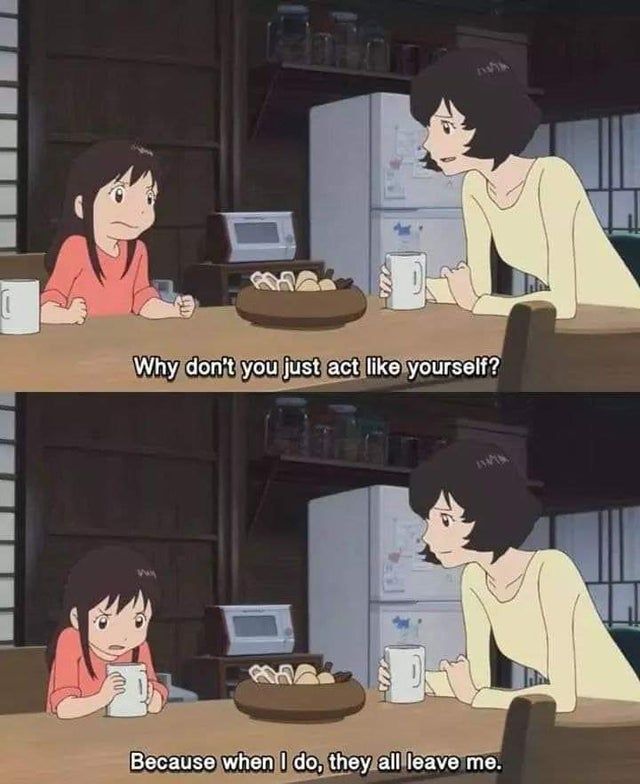 Although if you’re doing that like 15 times a day, you may want to cut down a bit.
Although if you’re doing that like 15 times a day, you may want to cut down a bit.
What I mean is masturbation in a more figurative sense—all of those superficial, self-pleasuring habits you indulge in on a regular basis. Whether it’s eating eleven too many desserts, or staying up until 4AM trying to rank up in League of Legends, or lying to your buddies and telling them you totally banged that hot blonde last Saturday when really, you just got so drunk that you passed out in a fetal position in the backseat of your car.
These are all petty, insignificant self-indulgences. And it’s hard these days. No, not your cock—resisting giving into them is hard. Because they do feel good. For a little while. But their meaninglessness will eventually consume you.
There’s this really weird chapter in Napoleon Hill’s Think and Grow Rich where he talks about how Thomas Edison refused to have sex or something and that’s how he came up with 10,000 patents. I don’t know, it made very little sense, but the idea was that sex releases energy that could otherwise be directed towards more productive and useful endeavors.
I’m not going to go that far, as I like polishing the old knob as much as the next guy. But I think the real lesson here is to learn how to self-regulate your self-indulgences. Again, it comes back to knowing when to say no to yourself. Make these indulgences the cherry to your life’s cupcake. Not the cupcake itself.
(And no, you may not eat the cupcake.)
Usually the things you hate most about yourself are the things you hide from the rest of the world. They are the things that you believe will cause people to reject you and hurt you and point and laugh at you.
But these fears are often unfounded. Because often the things we hate about ourselves are the very same things everyone else hates about themselves. It’s like a game of poker where everyone thinks they have the worst hand and is afraid to play because they’re convinced they’ll lose, so everyone just hides their cards because they’re embarrassed.
The irony here is that love is most often achieved by finding someone sexy that embraces and even adores those deepest, darkest aspects of you, and you embrace and even adore the deepest, darkest aspects of them.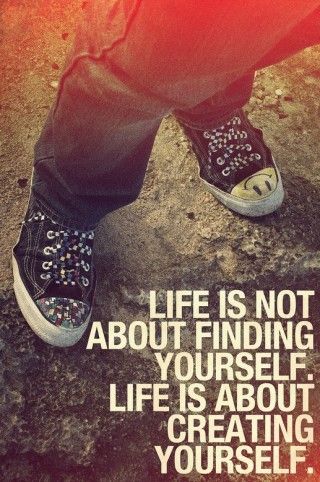 What I’m saying is, you gotta share that shit in order to heal it, son.
What I’m saying is, you gotta share that shit in order to heal it, son.
That is, of course, assuming you’re willing and/or able to forgive people and/or yourself.
Forgiveness gets a lot of airtime, but in a culture as punitive as the US, it doesn’t feel as though many people actually, you know, practice it.
Forgiving means recognizing something sucks and still loving the person (or yourself) despite it.
How does one do that, exactly? Recognize the good intentions or at least the ignorance behind most evil/bad/undesirable actions. For instance, most people don’t do bad shit because they’re evil, they do it because they don’t know better or they wrongly believe they’re justified. Often it helps to remember your own failures and ignorance when forgiving someone else for theirs.
And this is why dealing with your own self-hatred is so important—the less you’re able to recognize and accept the parts of yourself that you don’t like, the less you’ll be able to forgive and let go of the wrongs of others. And the more of a raging, judgmental asshole you will be.
And the more of a raging, judgmental asshole you will be.
Seriously, you look tired.
Your self-love is not proportional to how you feel about your successes. Your self-love is how you feel about your failures. A person who loves and cares for themselves does not have an overwhelming need to do everything right or perfect or correct the first time.
On the contrary, they’re more than willing to get dirty and mess up because they understand that this is where true growth and progress comes from.
Become rich, dominate your field, find the love of your life.
Realize it doesn’t deliver all of the meaning and fulfillment you thought it would.
Have an existential crisis and near breakdown as you figure out what the hell the point of your life is anyway.
Then re-dedicate yourself to the simple service of others and the simple pleasures for yourself.
Except for too much masturbation, of course.
Here was a big life-changer for me: realizing that if all of the nasty and horrible things I said to myself about myself were untrue, then all of the amazing, badass things I told myself about myself were probably untrue as well.
The fact is, you don’t really know what’s true about yourself or how you measure up to the world. The fact is, your brain sucks and it can’t be trusted. The fact is, you aren’t that special, and that’s probably a good thing. Being special creates unreasonable expectations, and unreasonable expectations creates an extra special variety of self-loathing.
They’ll likely giggle and ask you to pretend you’re a tree and play horsies with them. And their response will be totally appropriate and correct.
Because whether you’re trying to cure cancer, discover cold fusion energy, or make it to the bar when it opens to resume your downward spiral of day drinking, you’re still human, and you still have the ability to connect and empathize and play with the life given to you. And four-year-olds have an amazing ability to remind you of that.
Cindy doesn’t give a shit about your life plans.I guess what I’m getting at with all these steps is developing a healthy practice of humility.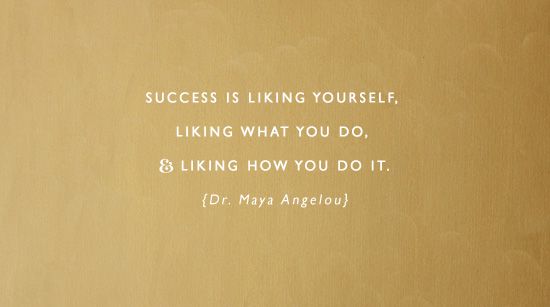
Yeah, humility. How often do we hear that word thrown around these days?
You either think everything about your life is the worst thing ever, or everything you do must be the best thing ever in order to compensate. And none of the above are true. Cindy, the four-year-old, gets that. That’s why she asked you to be a tree. But instead you’re hiding your flask and trying to explain to her how you’re going to solve global warming on the back of a cocktail napkin. But just shut up for a minute and be a tree.
How to love yourself: advice from psychologists
Do you feel good about yourself? Do you pamper yourself, do you consider yourself successful, do you accept yourself with all the shortcomings and complexities of nature?
Psychologists unanimously assert that in order to solve a variety of interpersonal problems, a person must first of all love himself. And why, exactly? And isn’t love for others, for loved ones, for people in general, more important? Psychologists and psychotherapists from different cities told MIR 24 about this and how to accept and love yourself in practice.
Why it is important to accept and love yourself
Psychologists agree on one thing: self-love is a basic thing necessary in order to love other people too, and the whole world, and generally feel comfortable.
— First of all, it is good for health. Self-love is the most reliable vaccine against all kinds of psychosomatic diseases and stress prevention, says Oleg Kolmychok, a psychologist, author of trainings and a hypnosis specialist from Krasnodar.
Psychologist, full member of the professional psychotherapeutic league Larisa Nesterova from Omsk spoke even more clearly:
— It's simple... If a person does not love himself, he explicitly or implicitly defines himself as "not good enough" and does not feel worthy. This closes the door to success in various fields for him. He often takes the position of a victim and receives pity or “kicks” from those around him in response.
We can fully love others and enjoy this love only when we know how to love ourselves, says Lyudmila Yushchenko, a psychologist from the city of Kamensk-Uralsky.
- "Love your neighbor as yourself" - this commandment Jesus called the second most important. A person can learn to love, accept and understand others only when he knows how to love, understand and accept himself as he really is, she told MIR 24.
Psychologist, supervisor, Gestalt therapist from Moscow Marina Ashimihina agrees with her.
— The German philosopher Erich Fromm said that if you don't love yourself, you won't be able to love another person, — she says. — For me, to love myself is to feel myself, my desires, needs, treat myself with care, create my own resources and use them wisely, and not use myself with my last strength when exhaustion sets in. Also, in order to see, understand and love another, you need to understand and love yourself: Who am I? What am I? Like me? If you learn to respond to your pain, joy, your desires, then you will be able to respond to the feelings of another person close to you.
Psychologist, psychoanalyst from Moscow Dmitry Basov warns that in the ordinary mind of people, self-love is often confused with selfishness or narcissism.
“I like that definition,” he says. — Love is an active interest in the life and development of the object of love. In this case, the words “give”, “do for”, “care” become synonymous with the word “love”. And not “need”, “wait”, “suffer”... The basis of self-love is the ability to take care of yourself, to satisfy your real needs. It is necessary for the survival, development and normal functioning of an adult. Without basic self-love, a person simply will not survive, or will be extremely unhappy, dependent and depressed. Only a mature person who knows how to take care of himself can love others. A person who does not love himself can only need and call his addiction love.
How to understand that it is time to change your attitude towards yourself
Psychologist Yulia Kupreikina believes that this is easy to understand.
Do you consider yourself a failure? Do you feel like there is nothing attractive about you to the opposite sex? All these thoughts are reflected not only on your face, but also in your behavior, in your daily communication with friends, colleagues, relatives, she says.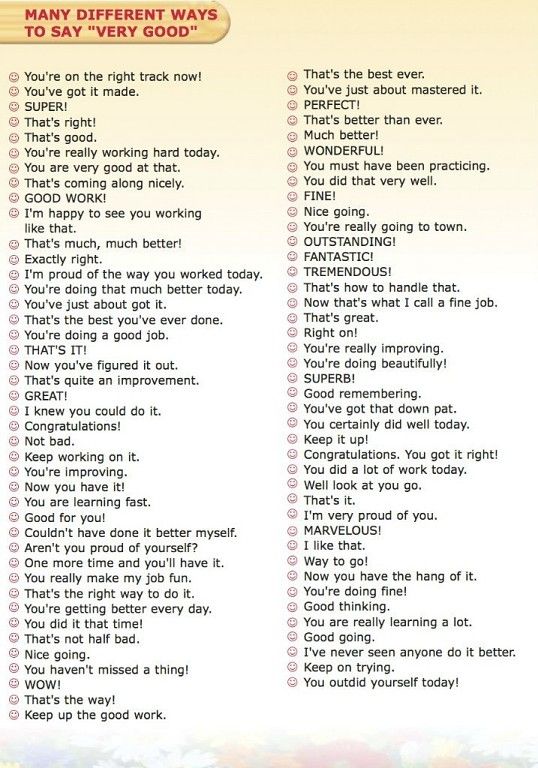
- If a person endures something in contact with others for a long time and suffers, if he does not like his own life, then it is worth considering, - says Larisa Nesterova. - Only it’s hardly worth “changing yourself”, but discovering the real yourself and falling in love with the real one is very much so.
“This understanding comes to each person differently,” says Lyudmila Yushchenko. “And it depends on the person himself. If he thinks about why he is not appreciated, not respected, or why someone constantly manipulates him, then these are already clear signs of dislike for himself. And something needs to be done about it.
— The fact that the time has come to take care of ourselves, as a rule, reminds us of a state of depression, — says Dmitry Basov. - When one's own "I" is in the shadow of the "object" in a passive position. When there is no faith in ourselves, when we think that something good can only be due to the efforts of other people, and not our own. Also, the criterion that it is necessary to pay attention to self-love is the absence of close and emotionally warm, stable love relationships. A person who loves himself, and not suffering from selfishness, always finds stable and satisfying relationships where he is loved.
How to learn to love yourself
So what to do, how to love yourself with all the shortcomings? we asked psychologists. And how practically, effectively should our love for ourselves be expressed?
- You can imagine that you are your own parent. And learn to love yourself from this position - learn to feel your needs and desires, accept mistakes as experience, give yourself support, etc. But it is hardly possible to do this on your own better than in working with a psychologist, - says Larisa Nesterova.
"Feel good, approve, give myself support, take care of myself, nurture myself, don't allow myself to be used, etc." - she advises to take such an attitude as a basis.
Ludmila Yushchenko suggests using very specific techniques:
“First, learn to see positive qualities in yourself and others, no matter how difficult it may be,” she advises. - Secondly, say compliments to yourself and others every day. Just remember: your compliments must be sincere and truthful. And they should also be constantly new, and not resemble a “broken record”. Thirdly, set goals for yourself, albeit small, but be sure to achieve them! And every time you achieve it, praise yourself and thank you for your perseverance, for your work, for your efforts. After all, praise inspires. But avoid general phrases like "you're doing great."
Psychologist Yulia Kupreikina also shares her secrets:
“Stop comparing yourself to standards,” she says. - Remember that even successful businessmen and recognized beautiful models are not without complexes. Take a sheet of paper and divide it into two columns. On the right, write your strengths, on the left, what you would like to change about yourself. If you try to be objective, you will see that there are no less positive qualities in you than reasons for dissatisfaction with yourself and cultivating complexes.
At the end of each day, Julia advises to sum up positive results, remembering what you did best today. And also - often look at your reflection in the mirror and do not forget to smile at the same time. Try to find kind words every day and say them to your reflection!
Psychologist Oleg Kolmychok believes that self-love should first of all be expressed in self-care. About your health, about your appearance, about the satisfaction of your own, and not someone else's desires. In the obligatory observance of information hygiene - it is necessary to load the brains less with all sorts of negativity.
“Love for yourself is, first of all, taking care of your development: intellectual, spiritual, psychological, professional,” psychologist Dmitry Basov told the correspondent of Mir 24 . - Secondly, it is the ability to create comfort around oneself - both physical and emotional. Thirdly, it is the ability to rejoice in one's achievements, successes, one's development and to forgive oneself for missteps and failures.
What if the meaning of life is caring for others?
There are people for whom caring for children, family, and other people is the meaning of life. Should they learn to love themselves more? Do I need to change myself for this?
“It is their right to choose whether they need to study or not,” says psychologist Larisa Nesterova. — But a mature person is not only caring about others. And a person who forgets about himself cannot really effectively take care of others. Due to the lack of such experience with himself, he misses a lot. And by his behavior he demonstrates how to give himself without a trace. And his loved ones, thus, teaches how not to love yourself. In addition, there is such a life crisis, which is called "Chicks leave their nest.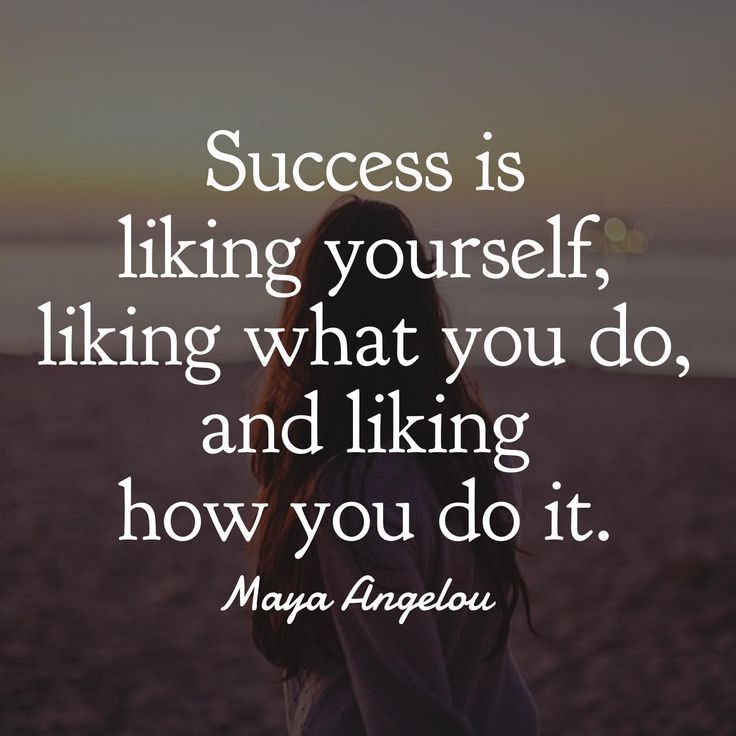 " When a person with overprotective children arranges life, he remains meaningless. How will he live on if he does not acquire a new meaning? Big question.
" When a person with overprotective children arranges life, he remains meaningless. How will he live on if he does not acquire a new meaning? Big question.
“I honestly feel sorry for these people and those they “care about,” says Lyudmila Yushchenko. - Such people sacrifice themselves to others, and this sacrifice in the end may turn out to be useless to anyone. Moreover, such a sacrifice causes pain and suffering to both those who care and those who are cared for.
Psychologist Marina Ashimihina admits that in our society it is customary to sacrifice oneself, to live for someone else.
— True, many of those who sacrifice themselves do not ask if another person needs this sacrifice, she complains. - Parents often say this: “I live for the sake of children!” And in old age, they remake this phrase into this: “I put my whole life on you, and you won’t do what you did to me!”. Another person becomes the meaning of life when it is impossible to find meaning in one's own life.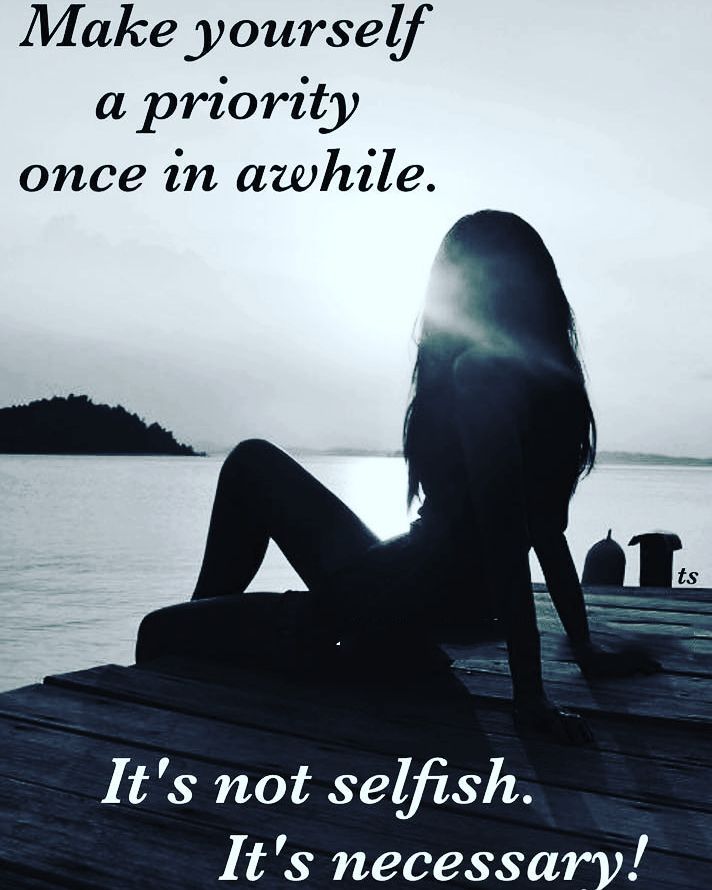 Most often, such people build emotionally dependent relationships. It is difficult for them to rely on themselves, they experience panic, fear when they are alone. And if the one who made up the meaning of life leaves, then the person himself "disappears, ceases to live, freezes." Such people, first of all, need to turn to themselves, but it is difficult for them to believe that their problem is not that someone else has left, but that the person himself does not know how to come to himself. And with such a problem comes to me before 90% of all clients.
Most often, such people build emotionally dependent relationships. It is difficult for them to rely on themselves, they experience panic, fear when they are alone. And if the one who made up the meaning of life leaves, then the person himself "disappears, ceases to live, freezes." Such people, first of all, need to turn to themselves, but it is difficult for them to believe that their problem is not that someone else has left, but that the person himself does not know how to come to himself. And with such a problem comes to me before 90% of all clients.
“Excessive concern for others is a problematic aspect,” says Dmitry Basov. — As a rule, the stimulus for such behavior is a deep inner deficit, disbelief in oneself, in one’s own value, necessity and uniqueness. Excessive concern for the other acts as a desire to confirm one's significance, not to feel in need of care, but to feel strong and confident. Such people, as a rule, act according to the principle: put on a sweater - I'm cold! Excessive concern for the other, from a psychological point of view, is a perverted form of concern for oneself.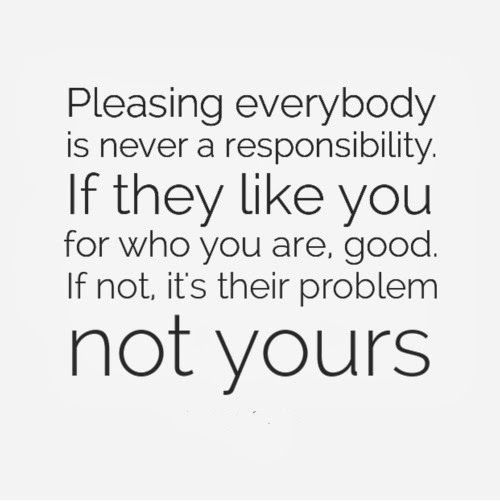 I can’t take care of myself because I feel shame, guilt, helplessness... Then I put my “childish” part in another person and take care of him as of myself, while at the same time I can allow myself to feel important, needed and omnipotent. As a rule, people who have undergone psychoanalytic psychotherapy, having learned to love themselves, begin to take care of others only at their request and do what is important not to themselves, but to the one to whom this care is intended.
I can’t take care of myself because I feel shame, guilt, helplessness... Then I put my “childish” part in another person and take care of him as of myself, while at the same time I can allow myself to feel important, needed and omnipotent. As a rule, people who have undergone psychoanalytic psychotherapy, having learned to love themselves, begin to take care of others only at their request and do what is important not to themselves, but to the one to whom this care is intended.
Oleg Kolmychok is even more decisive in his recommendations.
— For those who are married and want to maintain harmony and happiness in themselves and in the family for many years, it is necessary to remember the iron rule: “Love yourself more than your spouse, and your spouse more than children,” he said .
How does self-love differ from selfishness
How to understand where the border lies, does not self-love mean ordinary egoism? Psychologists clearly share these concepts.
Lyudmila Yushchenko recalls that selfishness is behavior that is entirely determined by the thought of one's own benefit, benefit, when an individual puts his own interests above the interests of others (this is a quote from Wikipedia).
“A person who loves himself will never consider himself superior to others,” she says. - He knows his value, accordingly, he knows that every person is as valuable as himself. Therefore, he will treat others with respect and love.
— Ideally, when a person really loves himself, he generously gives it to those around him from an excess of love within himself. Remembers his own interests, but tries to be careful with others. The egoist "goes over the heads" in the name of achieving his own goals, - says Larisa Nesterova.
Dmitry Basov explains that egoism, like narcissism, is a defense mechanism of our psyche.
“Egoism is designed to hide the inner emptiness through an attempt to fill oneself with external things,” he told the Mir 24 correspondent.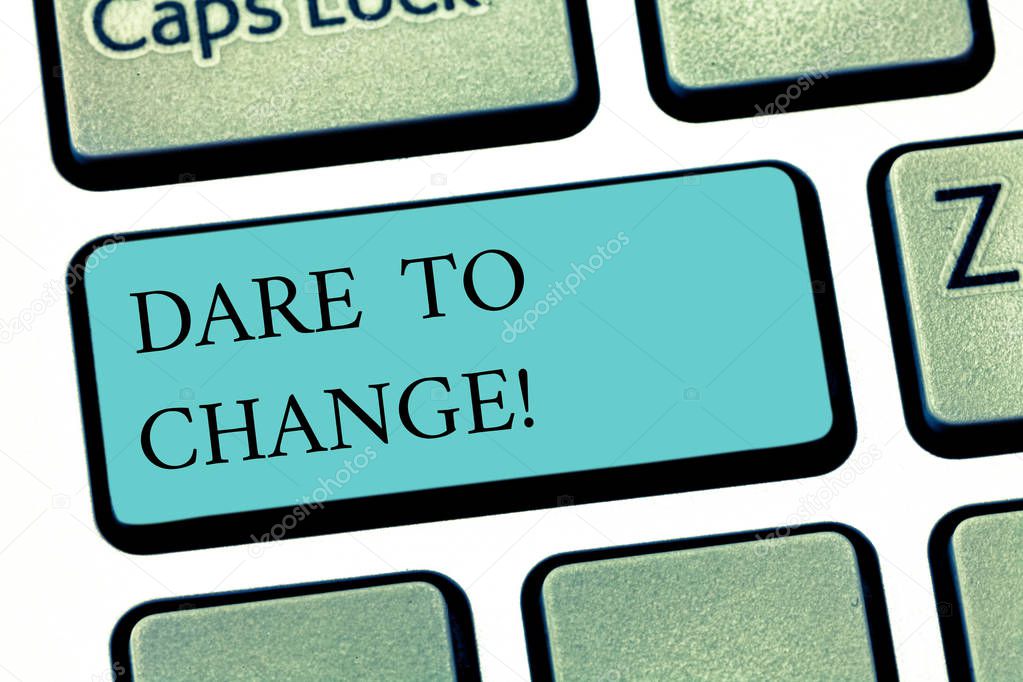 “As if candy, cosmetics, a cool car or a spa treatment can compensate for the lack of love and care that comes from childhood. As a rule, selfishness satisfies the false needs that make up the facade of the personality. The egoist always pulls the blanket over himself, not paying attention to how others feel at the same time. He, as it were, throws out his “needy” part, placing it in others: let the others freeze and starve, and I will be full and clothed ...
“As if candy, cosmetics, a cool car or a spa treatment can compensate for the lack of love and care that comes from childhood. As a rule, selfishness satisfies the false needs that make up the facade of the personality. The egoist always pulls the blanket over himself, not paying attention to how others feel at the same time. He, as it were, throws out his “needy” part, placing it in others: let the others freeze and starve, and I will be full and clothed ...
Love for oneself and true care always take into account the interests of others, because for a healthy person it is important that close people around him also feel good. And most importantly, self-love helps us satisfy the real deep needs for love, understanding, acceptance, which a selfish or narcissistic person prefers to ignore in himself, as they are too painful for him.
Veronika Zhitina, a psychologist and coach-trainer from Tomsk, told Mir 24 correspondent:
— Often the search for an answer to this question turns into a "swimming between Scylla and Charybdis", between fears that others will condemn, accuse of selfishness, and the desire to show one's individuality, to realize oneself. Self-love is, first of all, accepting yourself as you are with your strengths and weaknesses, a sense of your integrity. Egoism, on the contrary, does not want to see and admit its shortcomings, there are attempts to compare oneself with others in one's own favor, sticking out those sides of oneself that one likes, in which one is sure, the focus of attention of egoism is focused only on one's needs, ignoring others. Egoism lacks a holistic perception of oneself, the other, the situation, therefore, perhaps, it is better not to look for the border between self-love and selfishness, but to develop a different perception of oneself and the world, to shift one’s focus of attention from particulars to the whole. As the ancients said: I am in the world and the world is in me.
Self-love is, first of all, accepting yourself as you are with your strengths and weaknesses, a sense of your integrity. Egoism, on the contrary, does not want to see and admit its shortcomings, there are attempts to compare oneself with others in one's own favor, sticking out those sides of oneself that one likes, in which one is sure, the focus of attention of egoism is focused only on one's needs, ignoring others. Egoism lacks a holistic perception of oneself, the other, the situation, therefore, perhaps, it is better not to look for the border between self-love and selfishness, but to develop a different perception of oneself and the world, to shift one’s focus of attention from particulars to the whole. As the ancients said: I am in the world and the world is in me.
Tatyana Rubleva talked to psychologists
10 subtle signs that you don’t love yourself "love yourself". But psychologists often compare this feeling with love for other people, especially children.
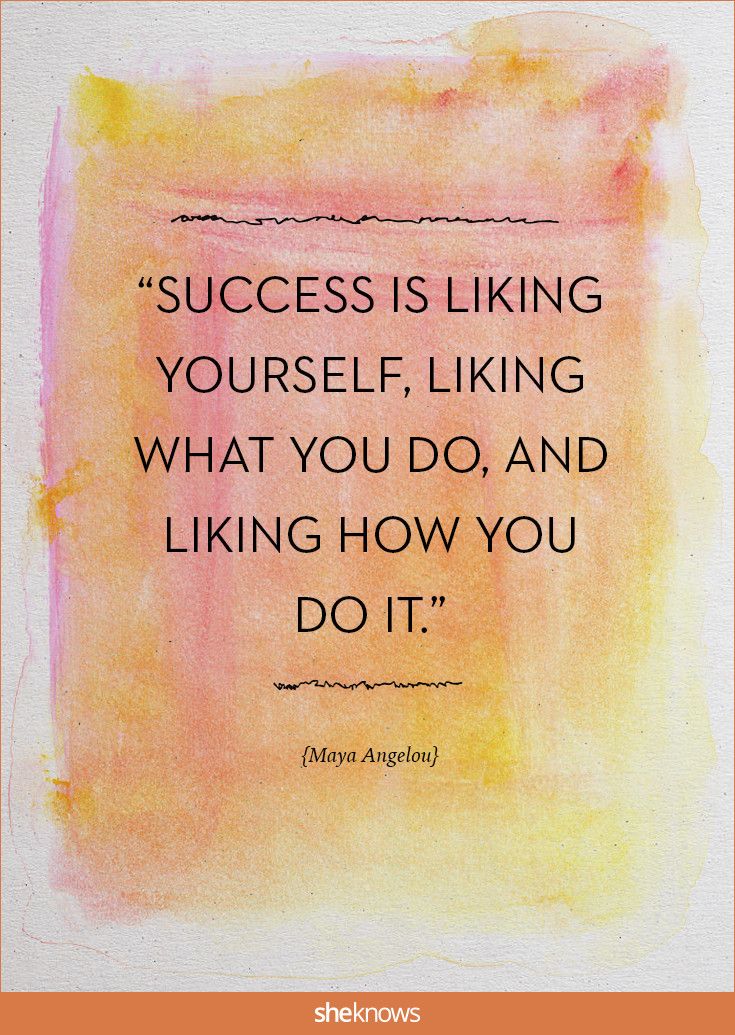
What do you do when you truly love someone? Accept this person for who they are. You see a lot of good in it, but you don’t notice the bad or prefer not to focus on it. You say a lot of pleasant words to him, and try to avoid unpleasant ones. You care about him and strive to make him feel good.
The same can be said about self-love. It consists of several components:
- acceptance of oneself along with all the shortcomings;
- rejection of criticism and condemnation;
- sincere concern for one's physical and mental well-being;
- careful handling of one's feelings and moods;
- protection of personal boundaries;
- awareness and understanding of what you really need and what is imposed from outside.
Self-love is not narcissism, not caricature obsession with one's own person, but a normal healthy feeling. It helps to feel happy and to adequately interact with other people and the world as a whole.
Reading now 🔥
- 8 reasons to cultivate healthy selfishness in yourself
How to understand that you don’t love yourself, even if you don’t think so
form sounds like this: “If you want to lose weight, just eat less.
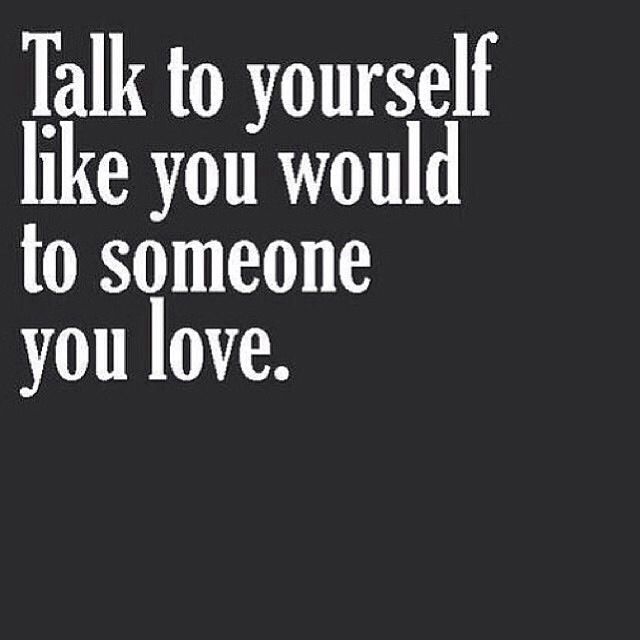 ” Some take this phrase literally and begin to cut back on their diet without understanding the causes of excess weight. And sometimes there are no extra pounds - they exist only in the head of a person. But he starves himself to meet certain standards.
” Some take this phrase literally and begin to cut back on their diet without understanding the causes of excess weight. And sometimes there are no extra pounds - they exist only in the head of a person. But he starves himself to meet certain standards. All this can lead to sad consequences. People begin to eat lettuce and kefir, practice extreme diets and worry if there are too many calories in a cup of coffee without sugar.
But the paradox is that fasting does not help to lose weight.
Diets at best end with a return to the original weight, and at worst - to a set of additional kilograms. Because of them, metabolism slows down, muscle mass decreases, and eating disorders are formed. Regular malnutrition leads to reduced productivity and exacerbation of chronic diseases. All this is a little like taking care of yourself.
It is better to eat delicious and balanced food, not to make your body starve and suffer. And if the weight began to cause discomfort, you should consult a doctor and deal first of all with the cause of the problem.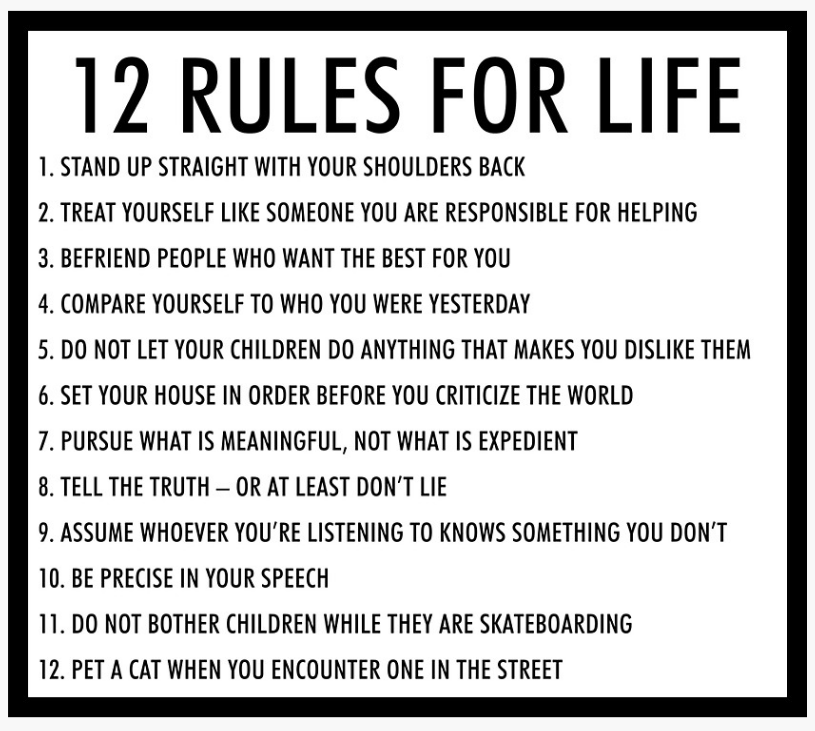 It may not be in the diet at all.
It may not be in the diet at all.
2. You wear uncomfortable clothes and shoes
It's nice to wear what you like. You immediately feel more confident. Therefore, some are willing to put up with the inconvenience: wearing tight dresses that make it impossible to breathe, tight jeans that dig into the sides and stomach, or shoes that turn the feet into bloody minced meat.
But there is no point in mocking yourself to look a certain way. After all, it is quite possible to choose clothes and shoes that will be beautiful and comfortable at the same time. Don't tolerate pain or discomfort.
Clothes are made for man, not man for clothes.
3. You are doing dangerous beauty procedures
Going to a beautician, hairdresser or massage therapist is taking care of yourself. But there are exceptions. Some of the manipulations that the beauty industry offers are painful, dangerous and completely pointless. For example, anti-cellulite and modeling massages leave bruises on the body. Eyelash extensions can result in injury, swelling or inflammation of the eye. And plastic surgery is a serious complication, up to death.
Eyelash extensions can result in injury, swelling or inflammation of the eye. And plastic surgery is a serious complication, up to death.
Most often, people do all this not because they love themselves, but because they don't accept them for who they are.
Lyudmila Altyeva
Psychologist, psychoanalyst.
In the pursuit of beauty and youth, for many, the boundaries between normal and pathological desire to change something in themselves begin to blur. Undoubtedly, there are objective reasons for plastic surgery. But, as practice shows, a large number of women, for subjective, internal reasons, do not accept their bodies.
In other words, the matter is not in the body, but in how it is perceived by the person himself. There is such a thing as dysmorphophobia. Its essence lies in anxiety and fear about how the body looks. It is seen as ugly or defective. And the idea of defectiveness becomes obsessive: it must be corrected. Psychologists agree that the true cause of body dysmorphic disorder is the projection of emotional and psychological problems onto appearance.
For example, low self-esteem will cause you to look for shortcomings, including in appearance. You fix one thing, and then something will definitely appear that also needs to be corrected. Or another example. Unsatisfactory relationships with the opposite sex are perceived as the result of having an imperfect appearance. “I’ll fix my chest, enlarge my lips - and everything will be fine.” Many women think so. But the long-awaited satisfaction from the procedures often does not happen. The deeper and more serious the internal conflict, the brighter it will be expressed in experimentation with one's own appearance.
In essence, it is about self-harm - painful deliberate infliction of damage to one's body. We know what consequences often occur after surgeries and cosmetic procedures.
Unfortunately, it is an illusion that a change in appearance significantly affects the quality of life. On the contrary, inner, peace of mind and satisfaction with life will help to accept both natural age-related changes and some physical disabilities.
When you feel like doing something potentially dangerous, ask yourself why you need to do it. What is behind the dissatisfaction with appearance in your case? Are you really ready to endure pain and risk your health for a large chest or a face without mimic wrinkles? If your answer is yes, choose trusted professionals: saving on health is a bad idea.
Illustration: Anna Guridova / Lifehacker4. You sacrifice sleep
If you regularly sleep less than 7 hours a day, and devote the time won in this way to work, family or hobbies, then the savings, frankly, are doubtful. For a couple of extra hours of wakefulness, you pay with memory impairment, weight gain, high blood pressure, diabetes and other unpleasant things. Not a single job is worth it, and close people hardly wish you such a fate.
If such a rest schedule is associated with insomnia, be sure to consult a doctor. This may be a symptom of another, more serious disease.
5. You always help everyone
Situations are different, and sometimes someone may really need your help. For example, a loved one is sick and asks you to go to the pharmacy. But such cases are rather an exception.
For example, a loved one is sick and asks you to go to the pharmacy. But such cases are rather an exception.
Most problems people can solve on their own, especially if they think well or pay specialists. But they do not do this, simply because they are lazy or do not want to spend their own resources.
Responding to all requests, you sacrifice your interests, time, effort and money. That is, put others first, not yourself. Sometimes the reason for this behavior lies in the fear of seeming a bad person and provoking conflict, in the desire to earn sympathy and praise.
If you are systematically asked to work for free, give someone a lift, babysit someone else, or answer questions that Google knows perfectly well, think about what it will cost you to help. If it does not require much effort - why not. But if you have to sacrifice your interests, remember that you are the most important person for yourself, and refuse. If the word "no" is hard for you, use these tips.
6. You talk nasty things about yourself
How you talk about yourself affects your motivation, your vision of the world and other people. If you constantly call yourself a loser or a fool, repeating that you will not succeed, then it will be more difficult to succeed in something.
Such internal dialogue spoils the mood and eats up a lot of energy. You will do yourself a huge gift if you learn to celebrate your achievements and treat failures with understanding. Keeping a diary regularly and changing negative attitudes will help to do this.
Illustration: Anna Guridova / Lifehacker7. You save on yourself
If you really only have enough money for food and utilities, it's hard to indulge yourself. But if there are free funds, and you spend them over and over again on someone else, but at the same time walk in torn shoes or abandon your favorite business, something is clearly wrong here.
Indulge in what you need. It's not just food or clothing. Hobbies and entertainment are also important for your psychological well-being.
Hobbies and entertainment are also important for your psychological well-being.
8. You are postponing a visit to the doctor
You endure pain or discomfort, suffer, risk complications. The reasons may be different. Sometimes it’s fear (yes, it’s really scary to go to the dentist or gynecologist), sometimes it’s a lack of money, and sometimes it’s a disregard for one’s own health: “It will go away on its own.”
Don't do that. Consult a doctor on time, because all other areas of life depend on health.
By the way, all this applies not only to physical, but also to mental problems. Seeing a therapist if you feel bad is completely normal. This is a sign of self-care, not weakness.
9. You don't spend time by yourself
Privacy is very important for mental health. But many deny themselves this: they consider such behavior to be selfish or do not know how to properly allocate time. And some even find it difficult to be alone with their thoughts. And this is a wake-up call.
And this is a wake-up call.
Natalia Zholudeva
Clinical psychologist, schema therapist and REBT therapist.
In moments of solitude, there may be a false sense of being unclaimed. I'm alone now, so no one needs me? No one needs me now enough to be around! What is wrong with me? So I'm not like that, uninteresting, wrong, unloved.
This feeling may have roots in childhood. How a person perceives solitude is greatly influenced by his relationship with significant adults, such as his mother. If the child found himself in a situation where he suddenly lost touch with people important to him, he could develop a fear of loneliness.
And this is not necessarily connected with some traumatic event. Just a small person usually does not know how to analyze the situation and realize that he was left temporarily and not through his fault, but due to circumstances. For example, they were sent to kindergarten very early, as my mother had to work. He experiences each such separation as a very painful break. In the future, such a person may avoid solitude, since for him it is a synonym for separation that causes pain.
In the future, such a person may avoid solitude, since for him it is a synonym for separation that causes pain.
In the case of a very strong fear of loneliness, one can speak of autophobia, and this can be a very dangerous condition that is accompanied by panic, anxiety and depression. Then the person needs the help of a psychiatrist or psychotherapist.
If the dislike of solitude is not a disorder, it is important to realize and believe that loneliness is a normal and sometimes healing condition. Try tracking your installs. What scares me? What do I think of myself when I'm alone? What does this say about me? And what does that say about the world around me?
It is very likely that behind your fears you will find hidden from awareness beliefs that you have no value in yourself or, left alone once, will be stuck in this state forever. Psychologist Albert Ellis called these beliefs irrational beliefs, and we can destroy their influence on us with the help of awareness.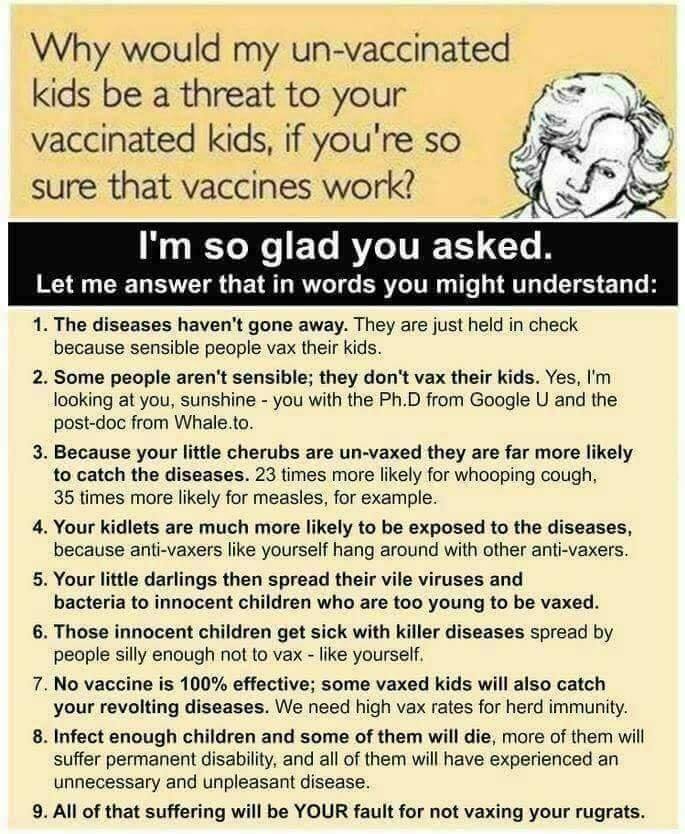 This is where meditation and mindfulness practice can help.
This is where meditation and mindfulness practice can help.
Take advantage of privacy. Only in this way can you hear yourself, understand and accept. And most importantly: a person who has learned to be alone with himself will always be interesting to those around him, since he began to know himself.
10. You don't know how to accept compliments
In our society, it is customary to deny compliments: “What do you mean, there is no merit here, I just got lucky.” Sometimes this is a display of false modesty. But sometimes people who do not really love and appreciate themselves, sincerely consider the praise undeserved.
The reason lies in low self-esteem and disbelief in one's own strengths. And, unfortunately, the inability to accept compliments is the least of the consequences. It is difficult for a person with low self-esteem to achieve what they want, choose worthy partners and feel satisfaction from life. A psychologist or independent exercises will help fix this.


